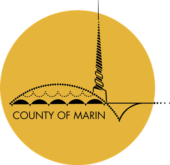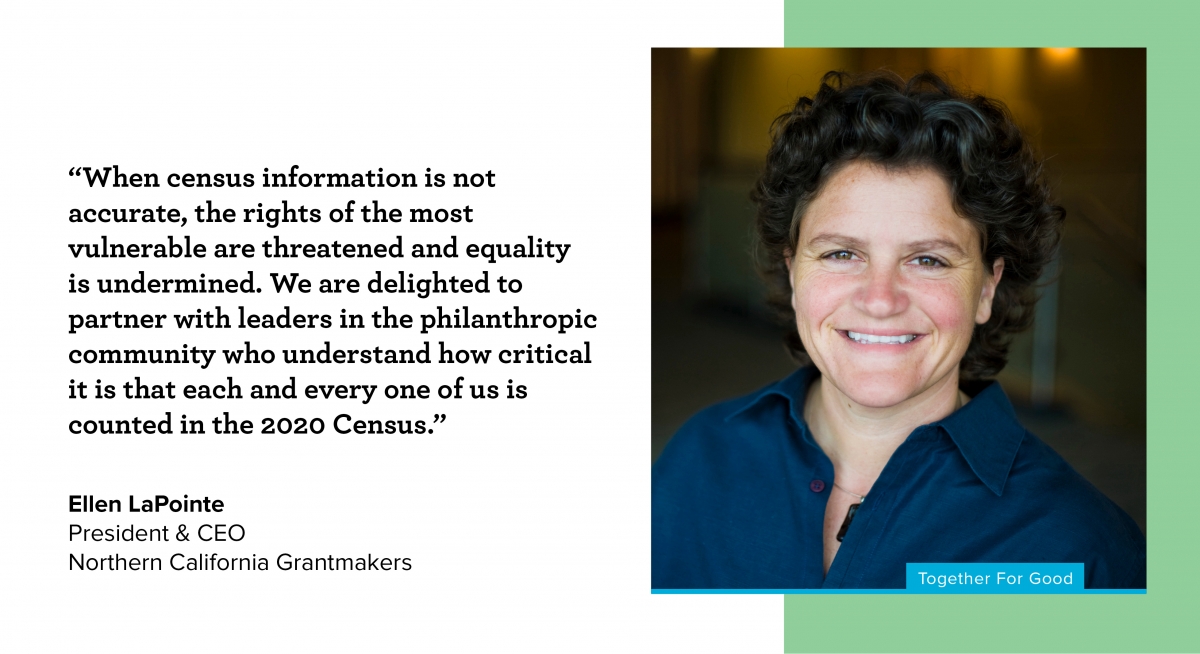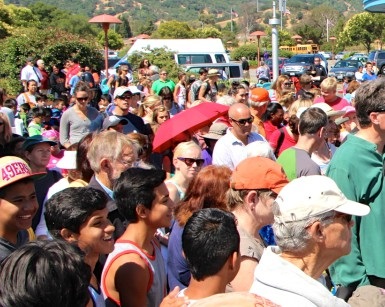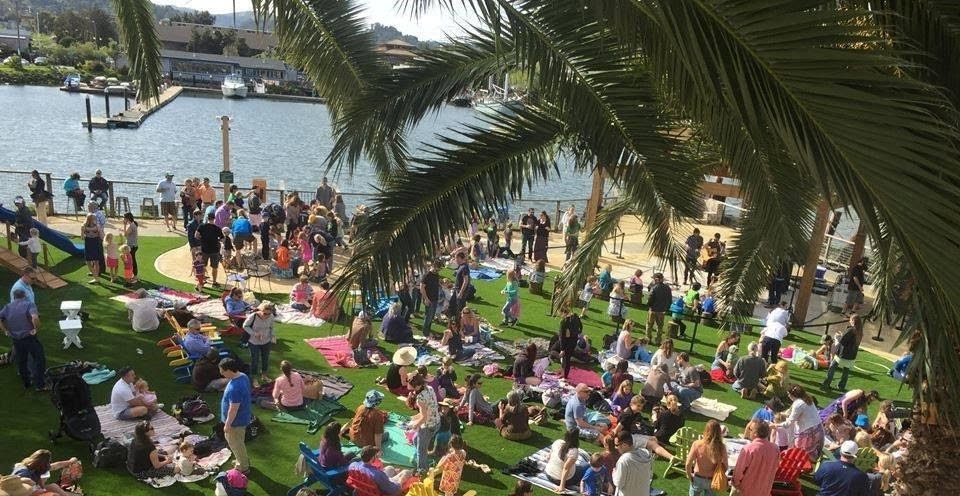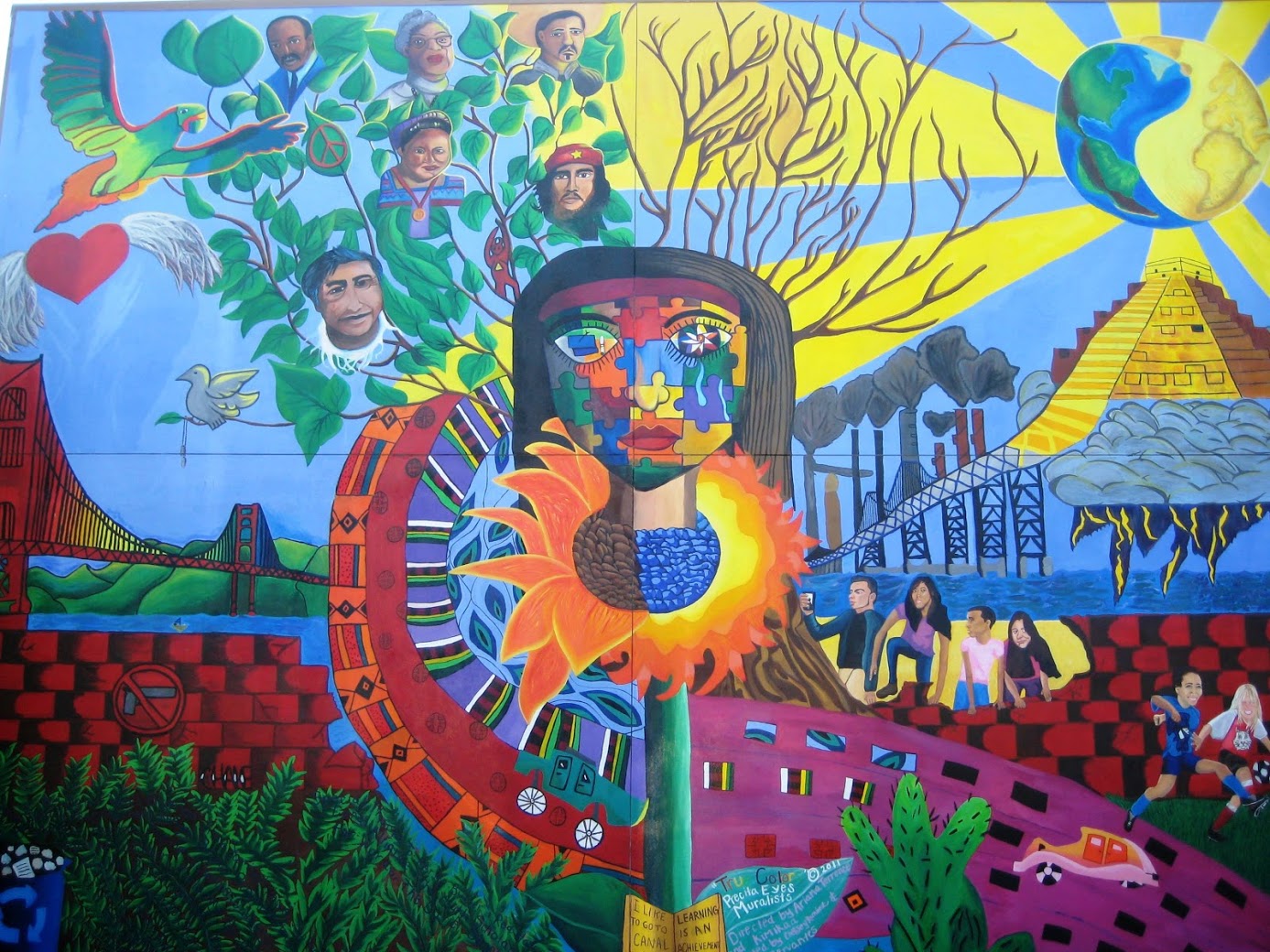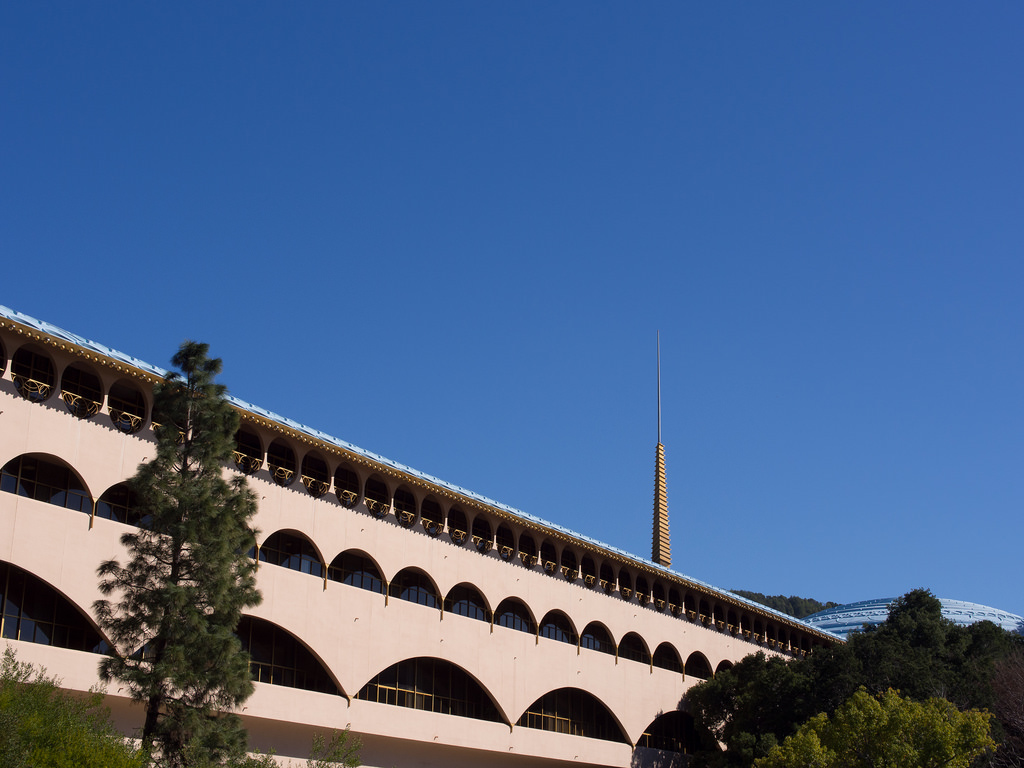OVERVIEW
The Marin Complete County Committee is seeking a qualified individual or organization to coordinate countywide census outreach activities to insure a complete count for Census 2020 in Marin.
Please note that separate grant funding opportunities will be available to community-based organizations in each of the four undercounted jurisdictions (San Rafael, West Marin, Marin City, Novato) to assist in deployment of outreach activities in those communities. A process to apply for these grant funds will be made available following the award of the Lead Countywide Outreach Agency.
Key Dates
- Issue Date: May 8, 2019
- Q&A Session with Marin Census Staff: May 17th, 2019
- Proposal Due Date: May 24, 2019
- Award Date: By June 25, 2019
Process
- The proposals will be reviewed by the Marin Complete Count Committee (CCC) staff team.
- The proposals will be evaluated based on the evaluation criteria set forth below.
- The Marin CCC staff team will recommend award of the contract to the Marin CCC Steering Committee who will then provide their recommendation to the Marin County Board of Supervisors.
Schedule
- The term of the contract agreement is anticipated to start July 1, 2019 and conclude December 31, 2020.
Budget
- Provide a budget not to exceed $120,000 that demonstrates how the scope of services will be delivered.
- The County will pay the contractor based on monthly itemized invoices documenting appropriate project related deliverables and expenses.
PROPOSAL SUBMISSION
In order to maintain uniformity, each organization must submit a written proposal, which shall be limited to a maximum of 5 pages (excluding cover letter, front and back covers, and exhibits).
The following information is required:
- Cover Letter: A letter signed by a principal or authorized representative who can make legally binding commitments for the entity.
- Organization and Personnel Experience: A profile of the organization’s experience, including the names and experience of key personnel who will be providing services. At a minimum, this should include the project manager/principal agent, key staff member(s) in charge when project manager/principal agent is unavailable, and an organization chart identifying only those who will perform work for the proposed project and the percentage of each individual’s time devoted to this project.
- Scope of Services. Proposer shall submit a general description of the deliverables and timelines to complete the project. See below for a more detailed description of the Scope of Services.
All applications should be submitted electronically to info@marincensus2020.org by 5:00pm on May 24th, 2019. If you cannot submit electronically, please contact Daniel Soto at daniel.soto@cityofsanrafael.org or by phone at (415) 485-3064 for alternative delivery options.
SELECTION CRITERIA
The criteria for evaluating the proposals submitted will take the following items into consideration:
| Scoring | Description | Total Possible Points |
| Organizational Experience | Applications will be scored from 0-10 based upon their organization’s experience coordinating outreach. | 10 |
| Countywide Experience/
Capacity |
Applicants will be scored from 0-25 based upon their organization’s reach throughout all jurisdictions in Marin County. | 25 |
| Reporting Experience | Applicants will be scored from 0-10 based upon their organization’s experience successfully developing effectiveness metrics and performing grant reporting. | 10 |
| Translation Services | Applicants will be scored from 0-10 based upon their organization’s capacity to perform written and spoken non-English translation services. | 10 |
| Hard to Count Communities | Applicants will be scored from 0-25 based upon their organizations experience providing direct services and culturally-appropriate outreach to HTC communities in Marin County. | 25 |
| Dedicated Staff | Applicants will be scored from 0-25 based upon their capacity to provide census-knowledgeable dedicated staffing for countywide outreach. | 25 |
| Readiness | Applicants will be scored from 0-25 based upon their demonstrated pre-existing knowledge of the Census, engagement thus far in Census2020 work (including SwORD tool), and demonstrated capacity to launch and manage a coordinated Census Outreach immediately following contract execution. | 25 |
|
Total Possible Points |
130 | |
|
Social Equity Preference Points |
||
| Female Staff Majority | 5 preference points will be awarded to organizations that can show majority female staff and/or volunteer composition. | 5 |
| Non-White/Caucasian Majority Staff | 5 preference points will be awarded to organizations that can show majority non-white/Caucasian staff and/or volunteer composition. | 5 |
| Location within HTC Tract | Up to 10 preference points will be awarded to organizations that are headquartered in a census tract with a high HTC Index. HTC Index will be based upon the California HTC Index found here: https://marincensus2020.org/about/hard-to-count-communities/ | 10 |
SCOPE OF SERVICES
Potential candidates must demonstrate:
-
- Experience developing and coordinating effective grassroots outreach countywide;
- Ability to develop effective messaging strategies tailored to individual communities;
- Ability to organize large groups of residents and evidence of existing working relationships with networks of community-based organizations (CBOs) in hard-to-count communities;
- Ability to work collaboratively with a network of CBOs, local governments and across a broad spectrum of sectors to coordinate and leverage resources and networks;
- Ability and knowledge to interface with the Statewide Outreach and Rapid Deployment (SwORD) mapping portal, including collecting, storing, and analyzing tabular/or spatial data and ensuring data quality in formats such as Excel, .csv or others using geographic information systems; and
- Organizational capacity (staffing and leadership), history, and track record of successfully providing the requested services.
Responsibilities include:
-
- Facilitation of the Marin CCC Steering Committee, quarterly Marin CCC meetings, and participation on Marin CCC staff team;
- Coordinate funding and grant opportunities for census outreach activities from Statewide, Region 3 Community Based Organization (United Way of Bay Area), Northern California Grantmakers, and other local philanthropic sources to avoid duplication and address any funding gaps;
- Collaborate with United Way of Bay Area to provide partner education, support, training, resources, and consistent messaging countywide;
- Utilize the SwORD portal to regularly upload partner census activities in a timely manner and identify any gaps in outreach and mobilization;
- Conduct and coordinate subcommittee meetings to develop outreach strategies and specific implementation measures for the Implementation Plan;
- Provide partnership support in conducting outreach activities, including census messaging toolkits and training, to deployment partner(s) for each of the hard-to-count communities (Marin City, West Marin, Novato, and San Rafael). In addition, coordinate countywide census messaging for all Marin communities;
- Establish “community action teams” to carry out outreach elements identified in the Strategic and Implementation Plans;
- Assist in the development of a plan to establish, manage, announce and activate locations of Questionnaire Assistance Centers and/or Questionnaire Assistance Kiosks.
- Assist Census Bureau staff to coordinate publicization, recruitment and training of census enumerators in hard-to-count areas; and
- Ensure all census outreach and messaging is culturally relevant and linguistically appropriate;
- Engage trusted messengers in trusted environments to help the public participate in the census; and
- Other tasks as needed.

